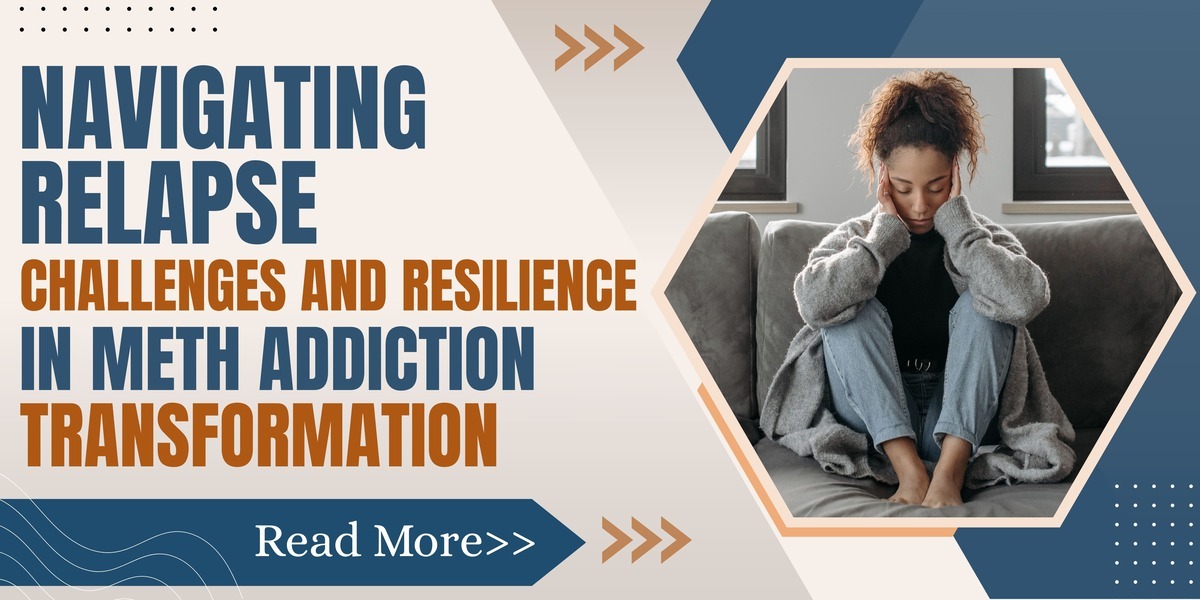Navigating Relapse: Challenges and Resilience in Meth Addiction Transformation


Battling addiction is no easy feat, but what is tougher is navigating relapse. What you should remember is that it is life and you will falter. The key is that you need to gather yourself and begin again if such a thing happens to you. Meth addiction transformation is the worst case of drug addiction. Meth addiction is tough, but so are you. When you understand the triggers, build resilience, and surround yourself with support, it is easy to move forward.
Relapse is one of the most frustrating and disheartening parts of addiction recovery, and when it comes to meth addiction, the struggle can feel even more intense. Methamphetamine is a highly addictive stimulant that rewires the brain’s reward system, making cravings and relapses common even after long periods of sobriety.
But here’s the truth—relapse doesn’t mean failure. It’s a hurdle, a detour, but not the end of the road. Understand the faces of methamphetamines, comprehend the challenges that crop up on the way, and then harness resilience to keep moving forward.
Before getting into the solutions, what is important to understand is why relapse happens. Meth addiction transformation is not only about willpower. There are biological, psychological, and environmental triggers that play a role in the case of meth addiction.

When a meth relapse happens, a person has to deal with myriad emotions. There is shame, guilt, frustration, and hopelessness. A lot of people feel like they’ve let themselves and their loved ones down. But then what is vital is to realize that addiction is a disease and you have to make a continuous effort to control it.
Rather than dwelling on feelings of failure, it helps to shift the mindset. A relapse should be viewed as an opportunity to learn and not the end of the road.
When you call our helpline, an admissions navigator is there to listen to you, answer any questions you have, and provide the support that you need—all 100% confidentially.
Methamphetamine (meth) abuse leads to drastic physical, psychological, and behavioral transformations. These changes can be put into short-term and long-term symptoms category.

Short-Term Symptoms:
Long-Term Symptoms:
We’ll instantly check the coverage offered by your insurance provider.
Methamphetamine abuse results in devastating transformations. This makes recovery a challenging process. Professional rehabilitation with gorehab.com will help you overcome addiction and reverse the effects.
People who recover from meth addiction often have one thing in common—a belief that change is possible. They have a growth mindset. This means that they see setbacks as opportunities for learning. They are not viewed as an evidence of failure. Instead of saying, “I messed up, so I might as well keep using it,” try thinking, “This was a slip, but there will be learning ahead from it and I will succeed.”